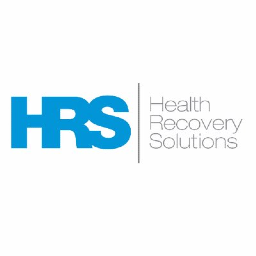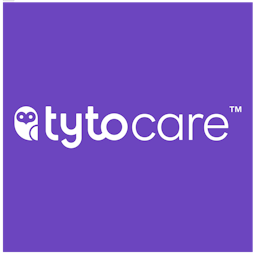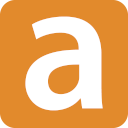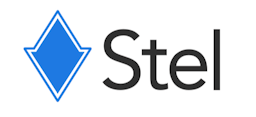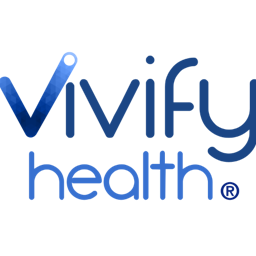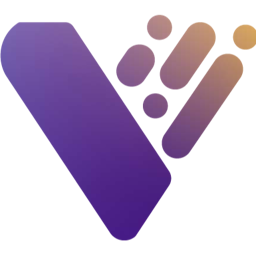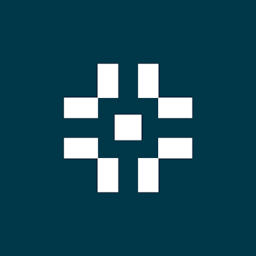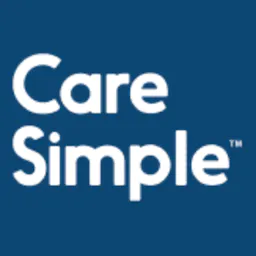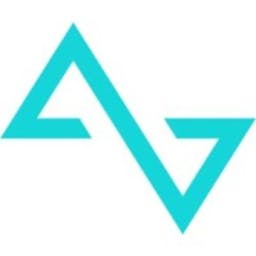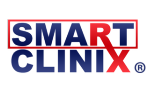1. Comprehensive Remote Monitoring Capabilities
Medical Guardian RPM: Provides real-time remote monitoring of vital signs using Bluetooth and wireless peripherals (e.g., blood pressure monitors, pulse oximeters, weight scales, glucose meters).
Supports proactive daily check-ins, patient-specific health data collection, and continuous monitoring to track and manage chronic conditions.
Includes advanced analytics to evaluate outcomes, optimize clinical workflows, and improve patient health metrics.
Typical EHR: Primarily focuses on storing and managing patient health records, including medical history, lab results, and treatment plans.
Monitoring features are often limited to in-clinic measurements or require integration with additional systems for remote data collection.
2. Interactive Communication Tools
Medical Guardian RPM: Offers integrated video teleconferencing (Zoom, Vidyo, etc.) and bidirectional messaging (text, email) for real-time interaction between patients and healthcare providers.
Features proactive communication tools, including automated reminders and check-ins managed through AI components.
Typical EHR: Communication is generally limited to patient portals and internal messaging systems without the same level of interactive capabilities.
Video visits and proactive reminders often require separate platforms or integrations.
3. Patient and Condition-Specific Education
Medical Guardian RPM: Provides tailored health education tips, videos, and articles specific to patient conditions, customizable by care providers to support healthy behaviors.
Utilizes AI to manage patient check-ins and send reminders, enhancing patient engagement and adherence to care plans.
Typical EHR:Education and patient engagement features may be present but are often less integrated into the remote monitoring process and may not offer the same level of customization.
4. Customizable and Flexible Integration
Medical Guardian RPM: Highly customizable solutions with the ability to integrate seamlessly with various EHR systems (e.g., Epic, Cerner, Meditech).
Development team works with providers to tailor integrations and workflows to meet specific needs and enhance client and patient satisfaction.
Typical EHR: While EHR systems are customizable, integration with external RPM solutions may require additional configuration and is often less flexible compared to dedicated RPM platforms.
5. Operational and Logistical Support
Medical Guardian RPM: Manages all logistics including equipment shipping, setup, and patient enrollment, reducing operational burdens for healthcare providers.
Offers comprehensive on-site and remote training for effective product implementation and ongoing support.
Typical EHR: Focuses on managing patient records and clinical workflows, with logistics and training typically handled separately or through third-party services.
6. Enhanced Data Access and Management
Medical Guardian RPM: Provides advanced data analytics with real-time access, automatic extractions, and multiple export formats for integration with third-party tools or for archival purposes.
Focuses on actionable metrics to improve care delivery and patient outcomes.
Typical EHR: Offers data management and reporting capabilities, but may not provide the same depth of real-time analytics or specialized tools for remote monitoring data.
7. Accessibility and Equity
Medical Guardian RPM:Supports multiple languages (e.g., Spanish) and is compatible with various cellular providers, ensuring access in rural and underserved areas.
Enhances health equity by facilitating remote care options and reducing the need for in-person visits.
Typical EHR: Accessibility features are typically focused on record-keeping and may not address the same level of remote care support or language options.
8. Comprehensive Care Solutions
Medical Guardian RPM:Offers tailored care plans for specific chronic conditions (e.g., CHF, COPD, diabetes) with pre-built programs and customizable platforms for patient engagement. We provide additional services such as clinical consulting, education, and call center monitoring to support comprehensive care.
Typical EHR: Primarily centers around documentation and care coordination, with chronic care management often relying on separate or integrated programs.





